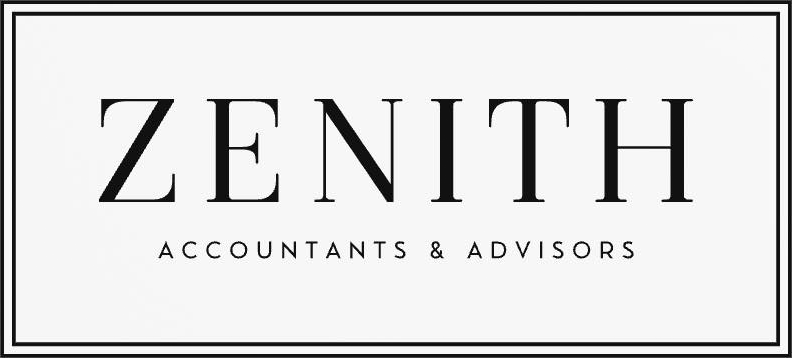Fringe Benefits Tax and Christmas Parties: What Businesses Need to Know
The festive season is a time to celebrate achievements and show appreciation to your employees, associates and clients.
While planning your Christmas party or giving gifts, it’s essential to understand how Fringe Benefits Tax (FBT) applies.
This guide will break down the key considerations to help your business stay compliant and make the most of the festive spirit.
Understanding Fringe Benefits Tax (FBT) for Christmas Parties
Christmas parties are often classified as entertainment under FBT rules because their primary purpose is for enjoyment. Whether you need to pay FBT depends on various factors, including the location of the party, who attends, and the costs involved.
Hosting a Christmas Party on Business Premises:
If you host a Christmas party on your business premises, you can be exempt from FBT under the following conditions:
- If the Christmas party is on a working day and exclusively for employees, there is no FBT on food and drinks provided.
Hosting a Christmas Party off your Business Premises:
If the Christmas party is held off your business premises and includes associates of your employees, this can change the FBT implications:
- If the cost per person is less than $300, this can still qualify as a minor benefit exemption meaning that no FBT applies.
- If the cost exceeds this $300 per person, FBT may apply.
Hosting a Christmas Party with Clients:
Fortunately, any costs relating to your clients attending your Christmas party are not subject to FBT regardless of the parties cost or location.
Gifting During the Festive Season
If your business gives employees Christmas gifts, these can also qualify for an FBT exemption depending on their cost:
- If the gift is valued at less than $300 per person, this is considered a minor benefit and exempt from FBT.
- If the gift is over $300 per person, FBT may apply.
Further Tax Implications
While FBT exemptions can reduce costs, they impact your ability to claim deductions on other tax liabilities. For example:
- Any costs associated with entertainment are unable to be deducted for income tax purposes, regardless of the cost or who may benefit (employees or clients).
- Similarly, you cannot claim these GST credits in your Business Activity Statement.
Here’s a practical example to illustrate how FBT applies:
Scenario:
A company holds a Christmas lunch at its office during a working day. Employees, their partners and clients are invited. The company provides:
- Food and drinks
- Taxi travel home for all attendees
- Live entertainment
What is the FBT Treatment?
Employees: There is no FBT on food, drink or taxi travel. These exemptions apply because the party is on the business premises during work hours.
Associates: If the price is less than $300 per person, this will then qualify as a minor benefit and there will be no FBT.
Clients: No FBT applies for any costs related to the client.
What are the other tax implications?
The business cannot claim any income tax deductions for food, drinks, travel and entertainment. Similarly, no GST credits can be claimed on these expenses.
Key Takeaways for Your Business
1. Plan carefully: Hosting a Christmas party on business premises and keeping costs below $300 per person can reduce your FBT obligations.
2. Track costs: Ensure you monitor per-person costs for off-site events or gifts to leverage minor benefit exemptions.
3. Understand deductions: FBT exemptions mean forfeiting income tax deductions and GST credits for entertainment expenses.
By understanding the rules around Fringe Benefits Tax and Christmas parties, your business can celebrate the season responsibly while managing tax implications effectively. For more advice tailored to your specific situation, get in touch with Zenith Accountants & Advisors on the Gold Coast
Written By Tom Thynne
Tom is the director of Zenith Accountants & Advisors. With over seven years of public practice experience, Tom can see what it takes to make a business successful. Tom is a Chartered Accountant, Financial Planner, Registered Tax Agent and Certified Advisor in QuickBooks Online and Xero.
Address
Unit 2/43 Township Drive
Burleigh Heads, Gold Coast
Zenith
Accountants









